Stone Sightings, is a compilation of poetry that seeks to unearth a personal experience of the archetypal feminine and the way she manifests in a woman at mid-life. There are ancient patterns we can identify and traverse: loss, love, alienation; but ultimately, the significance of these and their ability to transform us comes about only through finding the way their meaning manifests in our own lives.
“Madeline Sonik’s poetry invites readers into the landscapes of her heart and mind, taking us deeper and deeper into the source and centre of love and loss, pleasure and regret, the earthly and the imaginary. Madeline plays language like a fine musical instrument, rendering evocative songs of a daughter, a father, a lost love, the other, and always, her selves. If you, too, have loved, felt deeply, remembered, noticed, you will revel in this “work of words” which is at times breathtaking, at times heartbreaking, at times playfully irreverent.”
—Renee Norman, poet/author of the award-winning True Confessions and Backhand Through the Mother
“Madeline Sonik has the sensuality, symbolic sense and surreal turn of a Latina, but a clarity that is purely Canadian. After reading, her poems linger with their disturbing changes of perception and almost feline spells, as if at every line, a black cat crosses one’s path with its intuition. Was it Ezra Pound who said he recognized good poetry when the hair stood on the back of his neck? Mine still stand, long after putting a poem by Madeline Sonik down.”
—George McWhirter is Vancouver’s first Poet Laureate.
“Madeline Sonik’s poems begin with exquisitely observed detail and evocative metaphors which open the poems wide and deep. Stone Sightings takes us on a journey through intense moments in the poet’s life. She is by turns mother, daughter, lover, a woman responsive to beauty and indignant about cruelty—and a woman who falls in love with, but does not stay with, Uriel, the Angel of Death.”
—Elizabeth Greene, poet/author of The Iron Shoes

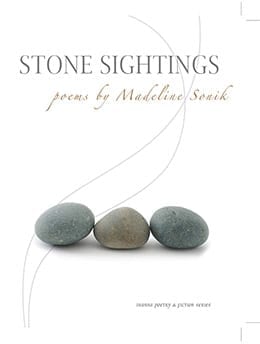
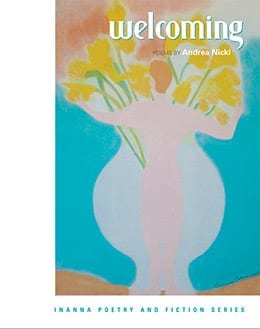
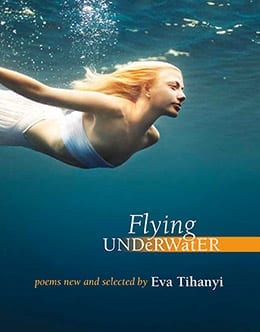

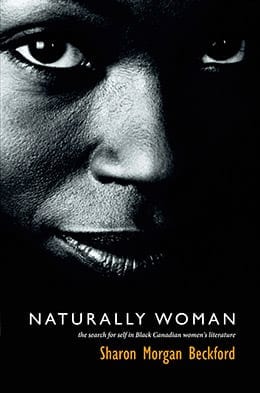

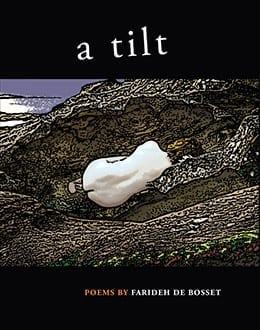
InannaWebmaster –
Reviewed by Ruth Panofsky
Madeline Sonik’s poetry is not for the faint hearted. Sonik’s world is dark and dangerous; in fact, she claims darkness as her joy and courts Uriel, the Angel of Death, whose ominous presence looms over her debut collection. The poet is not at peace and her discomfort resonates with readers who feel lacerated by her searing vision as they admire her meticulous craft. If there is any sign of hope in Stone Sightings, it is tentative and fleeting.
Stone, the dominant motif of the collection, is introduced in the first poem, “Stone Age.” Here, a “daughter’s soft face / turning like a page / turning to stone” (1) sets the tone for the volume. Sonik employs hard language and stark images to suggest absence, loss, and pain in poems about the failure of human relationships, physical and psychological trauma, and the lure of death. The familiar figures of husband, daughter, mother, father, aunt, uncle, and grandfather appear in a number of poems but they serve here to catalyze the speaker’s exploration of personal suffering. That heartbreak becomes palpable confirms Sonik’s spell-like ability to cast readers into her poetry.
The collection begins gently and moves gradually, though powerfully, toward despair. Several early poems about family lure the reader into a false sense of comfort. Here a daughter and mother dream of laying their heads in a common lap, “the soft fabric” (2) of a thigh, and ask similar questions of one another. Too soon, however, that same daughter grows apart from her mother and no longer requires parental protection. Newly independent, the daughter feels liberated when her parents leave her at home alone. In contrast, her mother seeks “a way / to make her come back to me / like Persephone / in the Spring” (6). Mother acknowledges, however, that her “illicit plan” (12) – a return of intimacy and connection – is not possible, that the future is one of separation.
The exploration of family ties deepens with poems about the speaker’s parents, each of whom is locked in a private hell: the obsessive and agoraphobic “merciless” mother who “is afraid to leave her house” (13) and the black pin-striped suited father who “extends to the end / of a six-foot cracker” (21), his coffin. The speaker recalls a cheerless childhood when neither parent offered solace or support and she felt unloved and detached from family. That she would experience a personal crisis which “began with my body / dropping out from under me” (25) does not come as a surprise.
Sonik’s rendering of depression and mental illness is especially compelling. “eye (i)” and “eye (ii)” evoke an initial descent into depression – when the speaker “examIned my body / noticed the flesh growIng thIn / the arms and legs smoothIng / to bone, merging / to dust” (25) – which distances her from husband and children and introduces the motif of death as an alluring way to end all need for communication. In three further poems, “Angel I,” “Angel II,” “Angel III,” death is personified and continues to have a frightening appeal for the speaker. Uriel, the seductive Angel of Death, has “lovely / eyes” (80), buys kiwi fruit in the local grocery store, and drinks beer in the pub. The speaker admits to having “fallen in love / with the angel of death” and wonders “How do I get him / to notice me / to want to drive me home / or even take me back to his place?” (82). Her desire for death, “the pain of wanting / just to lie beneath his wings” (81), is almost as tender as the pain she seeks to escape.
A broken marriage exacerbates the speaker’s emotional vulnerability and brings her to the brink of suicide. In several poems that record her sense of loss and complete despair, she recognizes that “absences / leave their mark” (88) as scars on body and mind. In the end, through the decisive, daring act of writing, she finally rejects death. The anodyne of writing – “the light poem / hot and round / dressed in sound / carrying her skirts” (96) – facilitates healing through the acceptance of pain. Brought to a place of “reckless wonder” (93), the speaker marvels that she is breathing still, “drinking the precious pleasure of / orange life” (93) and full of the music of words. That words themselves, informed by the poetic muse, can so radically alter perspective is testimony to Sonik’s affirming belief in the therapeutic work of writing and her writerly gift.
Ruth Panofsky’s most recent collection of poetry, Laike and Nahum: A Poem in Two Voices was awarded the 2008 Canadian Jewish Book Award for Poetry. Her new book, At Odds in the World: Essays on Jewish Canadian Women Writers, is forthcoming from Inanna Publications in fall 2008.